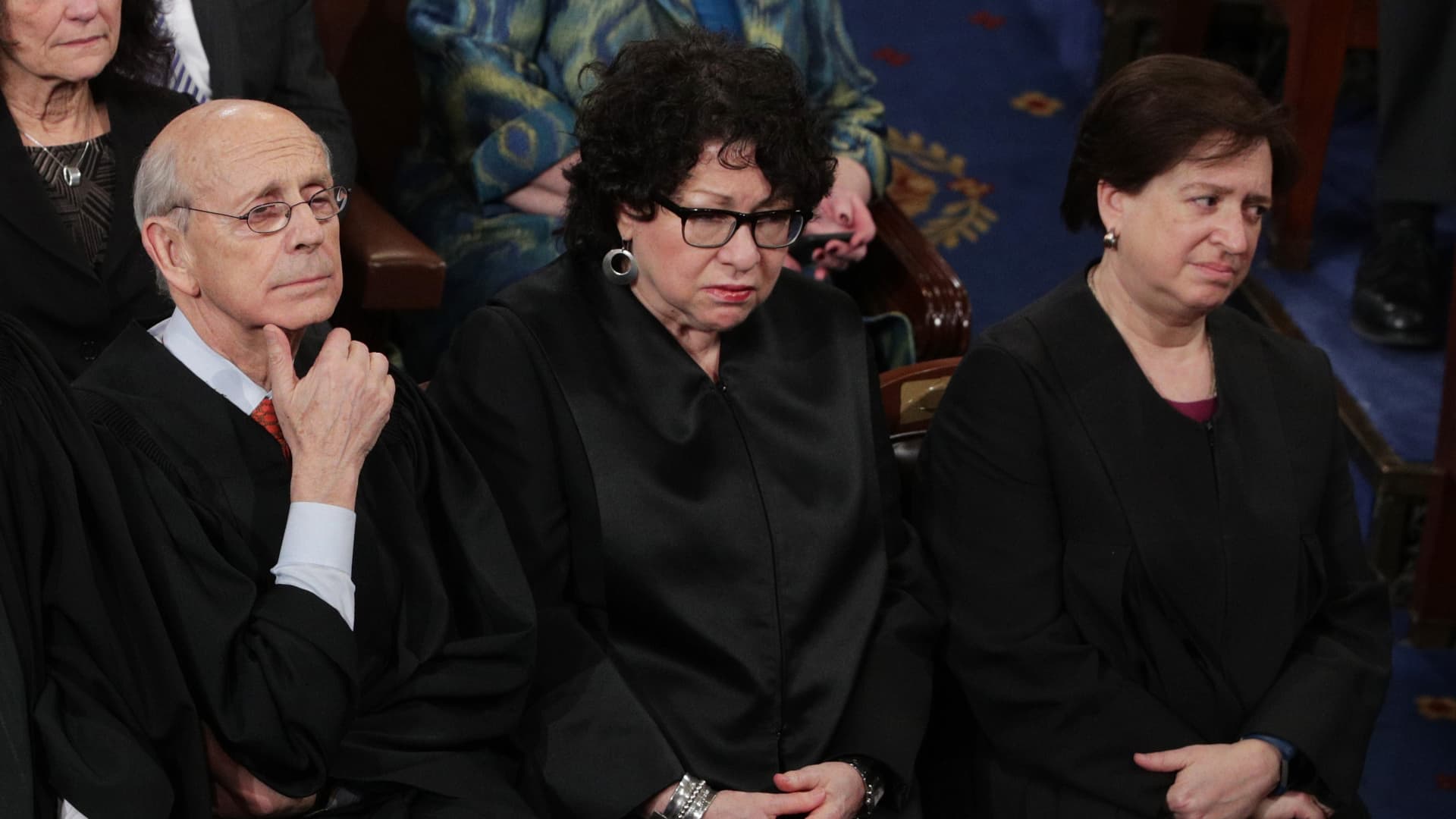Parts of Trump search warrant affidavit to be unsealed Friday, judge orders


A redacted version of the affidavit used to obtain the search warrant that led to the FBI raid on former President Donald Trump‘s Florida home will be unsealed by noon Friday, a federal magistrate judge ordered.
The order Thursday came hours after the Department of Justice submitted a proposal in U.S District Court for the Southern District of Florida detailing how it wanted portions of that affidavit kept secret if the document were to be made public. That proposal itself is sealed, making it impossible to know what the DOJ wants to be kept hidden in the search warrant affidavit.
But Magistrate Judge Bruce Reinhart in his order wrote that he agreed the DOJ “has met its burden” in showing there was a compelling reason to keep portions of the affidavit out of the public eye.
Reinhart said the redactions were warranted because disclosure would reveal the identities of law enforcement agents, witnesses, and uncharged parties, as well as “the investigation’s strategy” and direction, and “grand jury information.”
FBI agents, carrying the warrant issued on the basis of the affidavit, on Aug. 8 raided Trump’s residence at his Mar-a-Lago club in Palm Beach.
They seized a dozen or so boxes of documents as part of a criminal investigation of the removal of presidential records from the White House when he left office in January 2021. Many of those documents were highly classified.
The DOJ probe is eyeing possible obstruction of justice and violations of the U.S. espionage act and the law prohibiting the removal of official records.
By law, presidential records must be given to the National Archives and Records Administration when a president leaves office.
A group of media organizations had asked Reinhart to unseal the entire affidavit. That document, like other such affidavits submitted with search warrant applications, would detail why authorities believed there was probable cause that a crime had been committed.
The affidavit also would describe what evidence authorities believed might be at the target location.
But Reinhart, in his order Thursday, wrote, “I further find that the Government has met its burden of showing that its proposed redactions are narrowly tailored to serve the Government’s legitimate interest in the integrity of the ongoing investigation and are the least onerous alternative to sealing the entire Affidavit.”
This post has been syndicated from a third-party source. View the original article here.




